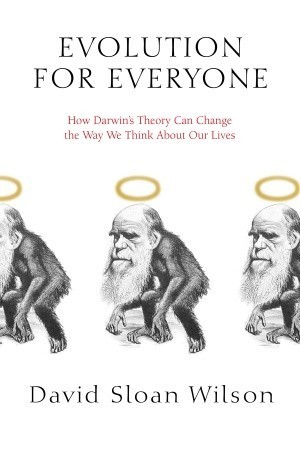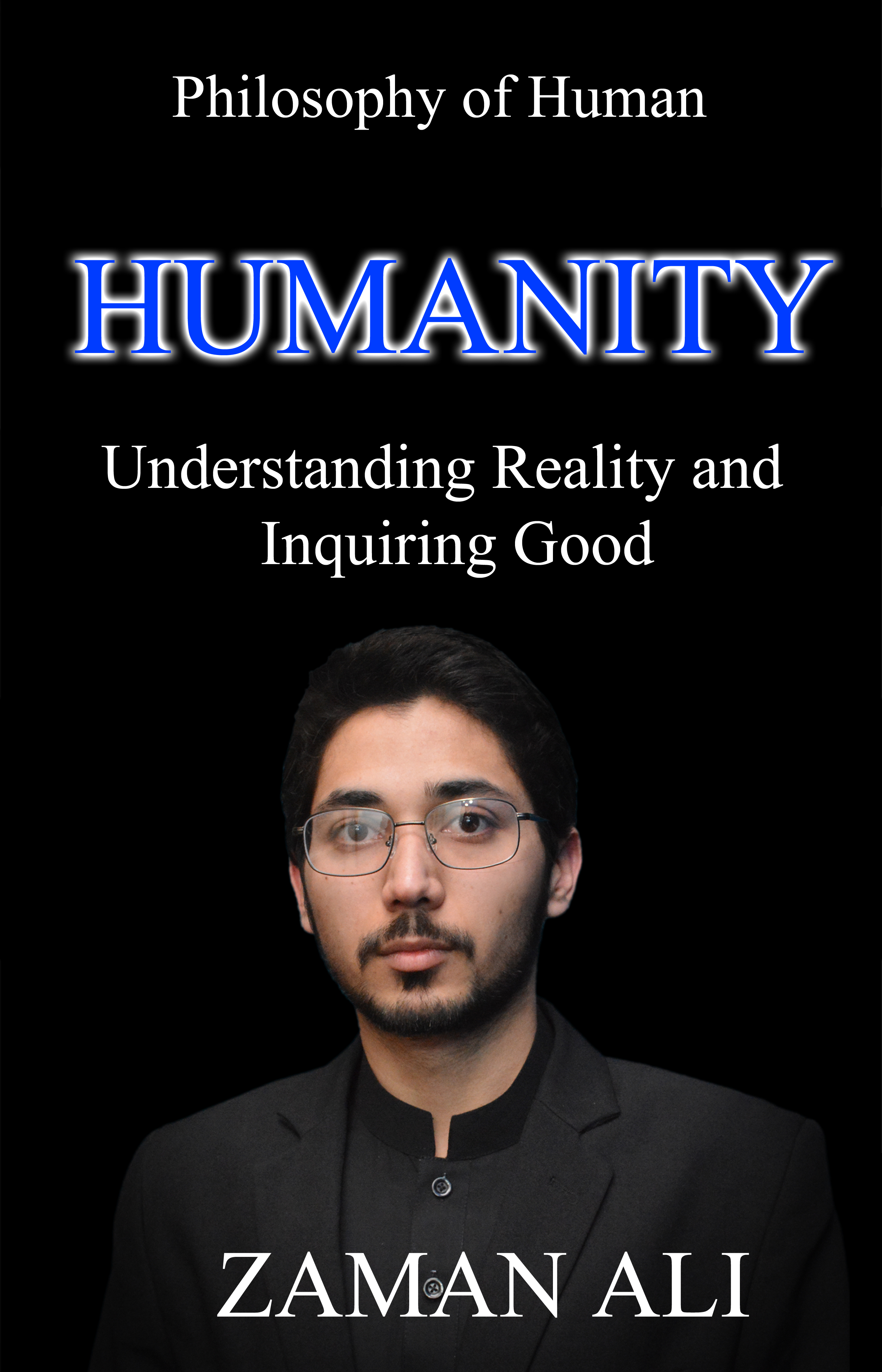
The Meaning of Human Existence
Book Description
What if the secrets of our existence lay hidden in the whispers of nature? In *The Meaning of Human Existence*, Edward O. Wilson embarks on a profound journey through humanity's place in the universe. With breathtaking insights from science and philosophy, he unravels the mysteries of our origins, our connection to the biosphere, and the ethical dilemmas that come with understanding our purpose. Each page ignites a spark of wonder, challenging us to consider not just who we are, but what we must become. Can we rise to the occasion and fulfill our role as stewards of life on Earth?
Quick Book Summary
In "The Meaning of Human Existence," Edward O. Wilson blends biology, philosophy, and deep evolutionary insight to explore the fundamental question of why humanity exists. Traversing the intricate pathways between science and moral philosophy, Wilson meditates on our evolutionary origins, the development of human consciousness, and the unique social qualities that have shaped civilization. He ponders the limitations and prospects of science in revealing meaning, warning of the existential threats posed by environmental destruction and shortsighted self-interest. Ultimately, Wilson urges us to embrace our role as stewards of the biosphere, leveraging scientific wisdom and ethical responsibility to ensure a flourishing future for humanity and all life. This work is both a celebration of human curiosity and a clarion call for thoughtful, purposeful engagement with our world.
Summary of Key Ideas
Table of Contents
Evolutionary Origins and Human Nature
Edward O. Wilson begins his inquiry into the meaning of human existence by examining evolution’s profound influence on our species. Through natural selection, humans developed not only intelligence but also intricate social behaviors. Wilson illuminates how our need for both individuality and group belonging are evolutionary adaptations, forming the basis for empathy, cooperation, and the complexities of culture. This tension, he argues, underpins much of human achievement and conflict throughout history.
Science and the Search for Meaning
Wilson discusses how the rise of consciousness and the scientific worldview have revolutionized the human quest for meaning. While religious traditions once provided comprehensive answers to existential questions, the advance of science has shifted our understanding from divine narratives to evidence-based exploration. Wilson asserts that questions of meaning should not be limited to spiritual speculation; instead, science can offer profound insights into our origins, our potential, and our relationship with the universe.
Biosphere Stewardship and Ethical Responsibility
Delving deeper, Wilson addresses the moral dilemmas that accompany scientific progress and the exploitation of natural resources. He warns that the very abilities that enabled humanity's dominance also threaten the biosphere on which all species, including our own, depend. Recognizing our capacity for both destruction and extraordinary stewardship, Wilson advocates for a shift toward responsible, ethical engagement with the environment, emphasizing the interconnectedness of all life.
Limits and Promises of Scientific Knowledge
Despite his appreciation for science, Wilson acknowledges that scientific knowledge has boundaries. Not all elements of human experience—such as art, love, or spirituality—are fully captured by empirical study. However, he maintains that the beauty and truth science reveals enhance, rather than diminish, the sense of wonder and urgency to address the challenges facing humanity. He calls for humility and interdisciplinary collaboration between science and the humanities.
The Future of Humanity and Collective Purpose
In the final analysis, Wilson directs attention to collective human purpose. Facing existential threats such as climate change and biodiversity loss, he urges humanity to rise above parochial interests and embrace a planetary ethic. By understanding our evolutionary roots and the fragility of our ecological home, Wilson believes we can choose a meaningful existence: one that balances the pursuit of knowledge with the imperative to sustain and enrich all life on Earth. Through stewardship, imagination, and shared values, he suggests, we may fulfill our highest potential.
Download This Summary
Get a free PDF of this summary instantly — no email required.





